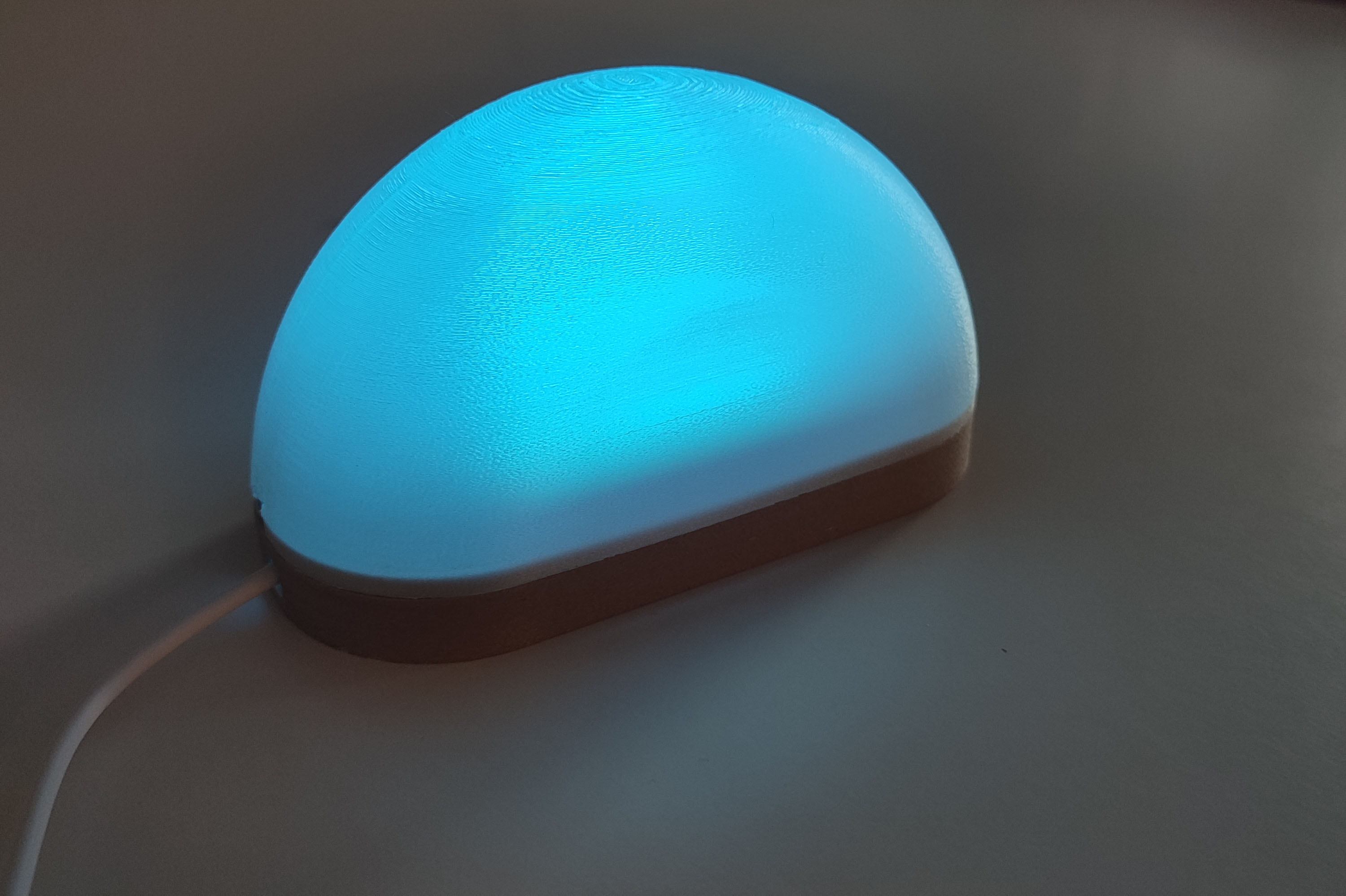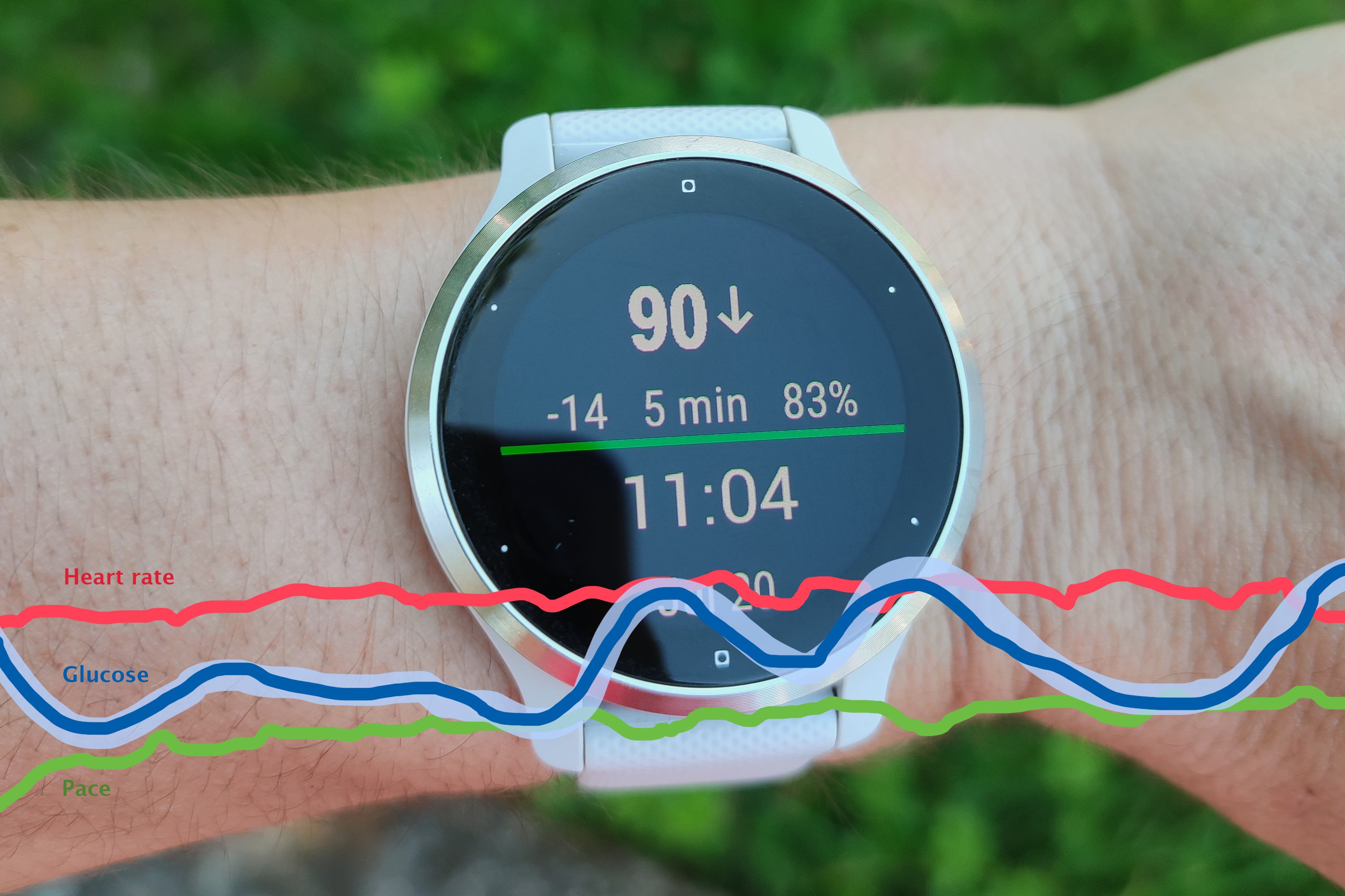Research projects

Felt Connection in the Sighted Guiding Partnership
The project aimed to investigate current design approaches to technology, more precise wearables, that facilitate interdependent relationships between Visually Impaired People (VIP) and their sighted companions. Building on critical disability studies and soma design methods, the goal was to move beyond current technological solutions that focus solely on independence and task completion and instead explore new ways technology can support collaborative and relational experiences, enhancing empowerment and access for VIPs in both physical and social contexts.
Laia Turmo Vidal, Postdoctoral Researcher, KTH, Sweden
Sanna Kuoppamäki, Assistant Professor KTH, Sweden
Marianela Ciolfi Felice, Assistant Professor, KTH, Sweden

A New Conversational Tool to Promote Positive Body Image
As an alternative solution to the mainstream nutrition technologies, this project aims to develop and evaluate a new conversational tool called TrueBalance for the recognition and raising awareness of body image dissatisfaction that can maintain unhealthy eating habits. TrueBalance allows the person to have an autonomous text-based conversation on any topic regarding physical appearance, eating habits, fear of gaining weight or anxiety related to food intake.
TrueBalance integrates biomedical determinants that might lead to eating disorders, and applies the principles of Cognitive Behavioural Therapy (CBT). We hope that this tool could be use as a complementary method along with working together with a professional therapist.
Sanna Kuoppamäki, Assistant Professor, KTH, Sweden
Arzu Güneysu, Associate Professor, Umeå University, Sweden
Razan Jaber, Researcher, KTH, Sweden
Josefin Rehn Hamrin, Master Student, KTH, Sweden
Natalia Ślusarek Master Student, KTH, Sweden
Xuan Zhang, Master Student, KI, Sweden

Sharing Intimate Data with Family Members
This project takes a research through design approach and explores sharing of intimate data with family members and friends. After conversations, we designed a small lamp to place in our home to live for a period of time. The lamp represents through lights our intimate data (i.e., temperature and blood sugar level). Drawing from data feminist principles and more specifically embracing imperfection and ambiguity, the lamp aims to critically reflect on how intimate data has been shared and challenge tensions of surveillance, self-tracking, privacy, and ethics.
Nadia Campo Woytuk, PhD student, KTH, Sweden

Data Feminist, Sports and Health
Through an duo-enthnography and biographical approach, the project aims to critically reflect on data sports tracking that often overlooks sporty people with chronic illness. We draw from feminist theory of entanglement into visualisation as persons living with a chronic illness. After noticing and unfolding our own experiences in tracking sports
activities and health conditions, we question what is (not) in the data and how these data are represented. We have started reimagine alternative sport tracking solutions on how data, visualisations, and insights come to be.
Alejandra Gómez Ortega, Postdoctoral Researcher, Stockholm University, Sweden